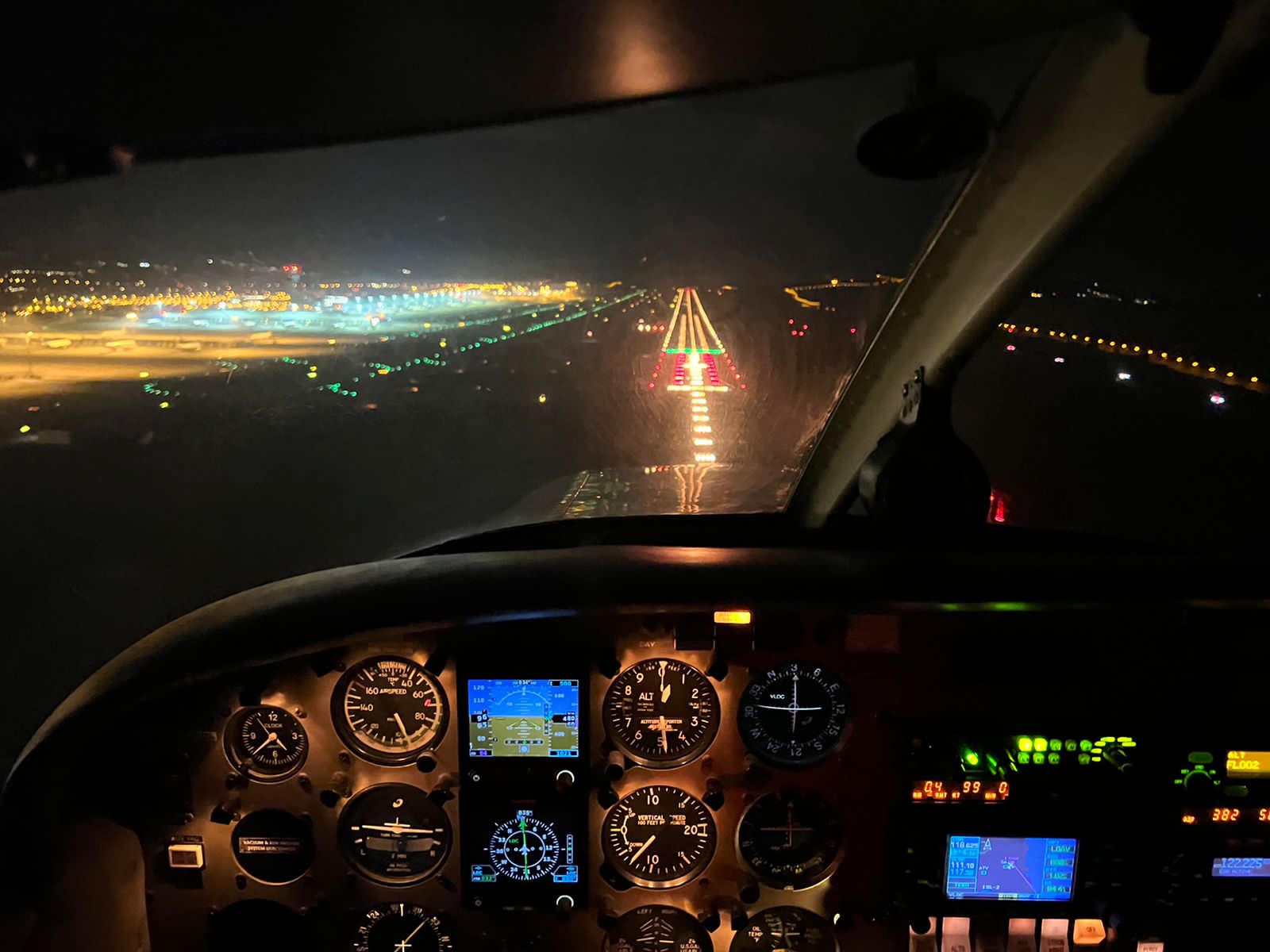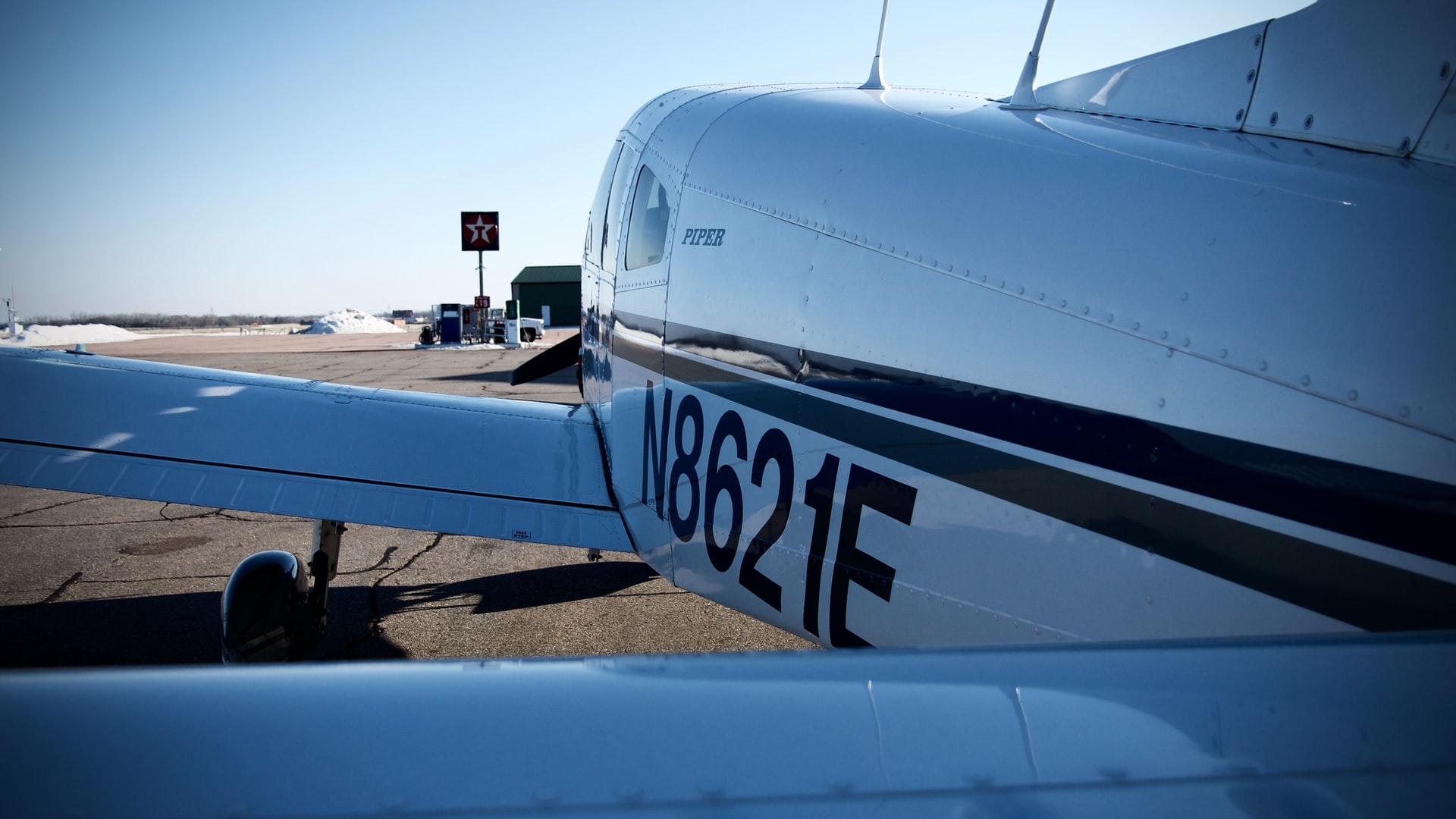Learn to fly step by step with PPL Theory
PPL theory is the first crucial step toward earning your pilot’s licence. You’ll learn about aerodynamics, aircraft performance, meteorology, aviation law, and more. Earning this certificate opens the door to your career, or hobby, in the sky. Are you ready to take off?

Benefits of PPL Theory at Flight Theory
At Flight Theory, we aim to give you the best possible learning experience. Some of the benefits of studying with us include:
How do we work at Flight Theory?
You’ve decided to pursue your dream of flying and that starts with solid preparation.
At Flight Theory, we make sure you’re fully ready for your theory exam.
We begin with a free trial lesson where you’ll get to know the instructor and the teaching approach. During this session, we’ll also discuss your goals, availability, and the expected study timeline (typically 3 to 5 months). After that, we get to work, together.

The importance of understanding the atmosphere in PPL Theory
We begin the course with a lesson on the atmosphere. Why? Because aircraft performance is directly affected by air density, and that’s constantly changing.
In this lesson, we cover key concepts, memory items, and practice questions to prepare you for both the exam and real-world flying.
You’ll learn how air pressure and temperature influence aircraft behavior, especially within the subject of Meteorology.

What does PPL theory consist of?
PPL theory consists of nine subjects that together form the essential knowledge base for every student pilot. Below you’ll find what each subject covers; clear, practical, and directly applicable.
Frequently asked questions
Below you’ll find answers to frequently asked questions about PPL theory:
PPL theory is for anyone who wants to take flying seriously — whether as a hobby or the first step toward a professional career. The course is ideal for beginner pilots working toward their licence, as well as students planning to continue into a CPL or ATPL program.
To start PPL training, you must:
-
Be at least 17 years old by the time you take your practical exam
-
Have sufficient math skills to handle the calculations required during the course
-
Have a good command of English, since part of the theory and aviation communication is in English
Not sure if you meet the requirements? During the free trial lesson, we’ll go over everything together and assess your starting point.
Most students find PPL theory very manageable — as long as you’re willing to invest time and focus. The material is comprehensive, but not overly complex if you study in a structured way and get the right support.
At Flight Theory, we tailor our guidance to your pace and learning needs. Sometimes a quick answer is enough; other times, more support is needed for one or more subjects. In those cases, you’ll get personal explanations, practical examples, and exercises to help deepen your understanding.
You’ll also receive homework assignments to reinforce what you’ve learned on your own. That way, you build up your knowledge step by step — and head into the theory exam with confidence.
Once you’ve passed the theory exam, your PPL theory certificate is valid for 24 months.
This means you have two years to complete your practical exam.
For more information, visit the official websites of CBR PPL(A) and LAPL(A).
The introduction and trial lesson take about 2 hours.
After the session, you can decide for yourself how it felt and whether you’d like to join the PPL bootcamp for theory — or prefer to follow the PPL theory elsewhere.
PPL theory is assessed through official exams.
In the Netherlands, these exams are administered by the CBR for the Dutch PPL theory track.
The length of your PPL theory course depends on your availability and study pace.
At Flight Theory, we create a personalised plan with you upfront, including your goals, schedule, and timeline, so you know exactly what to expect.
On average, students complete the theory in about three months. If you work with a mentor, follow the lessons actively, and practise with mock exams, you’ll often progress faster and retain the material better.
Our advice? Start in winter. That gives you plenty of time to finish the theory before the flying season kicks off in spring.
After earning your PPL, you’re licensed to fly small aircraft with a maximum takeoff weight of up to 5,700 kg.
The trial lesson is free!
After that, you can choose to follow the full PPL theory course with unlimited support from your instructor.
The cost for unlimited support is €1250 (excluding VAT).
Prefer something more flexible? You can also book shorter online support sessions at €25 per hour (excluding VAT).
